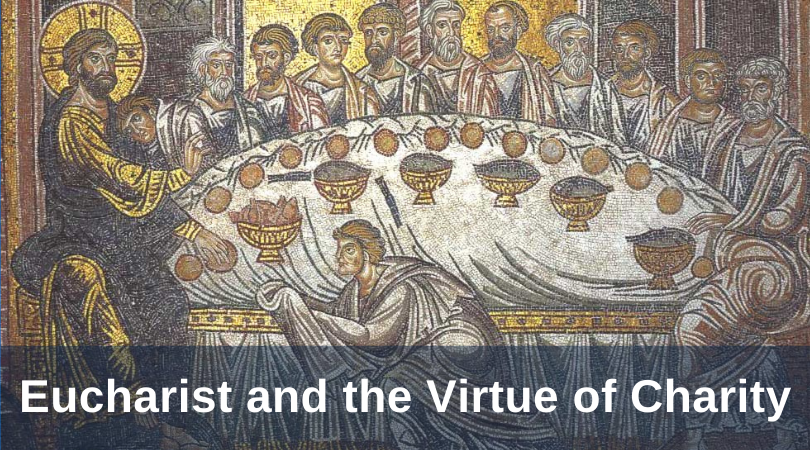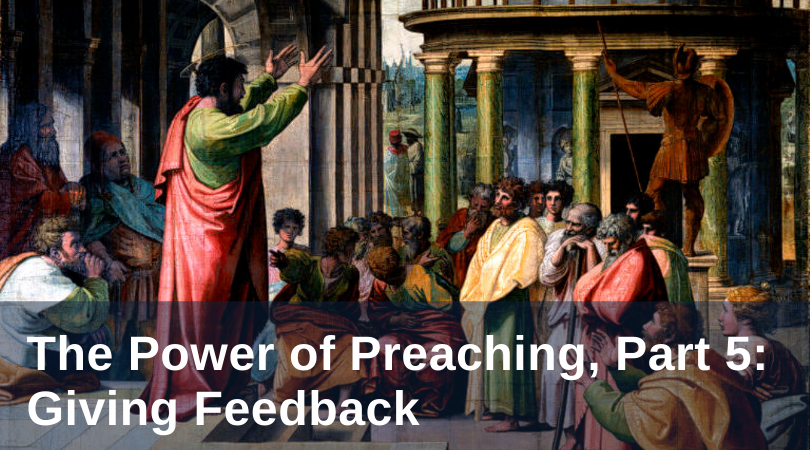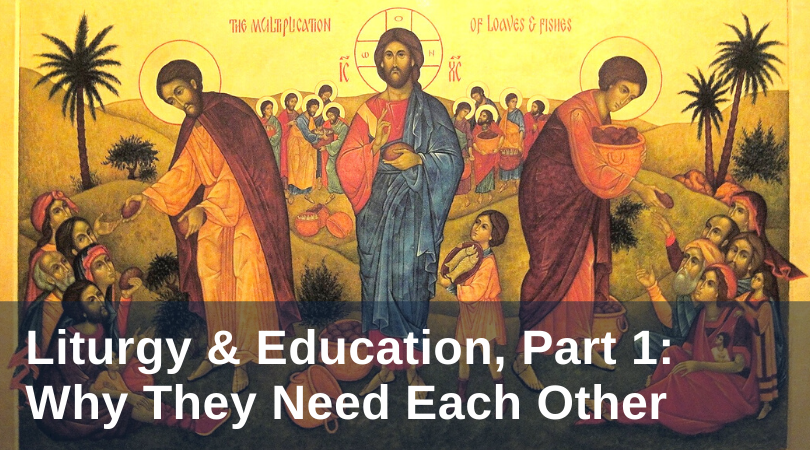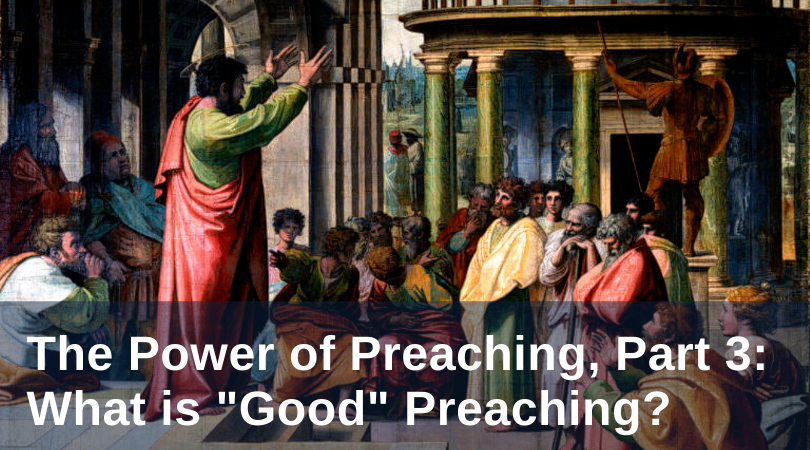Love is often misconstrued in our culture. We use the same word to describe our fondness for coffee, our favorite book, our dearest friends and family members. In relationships, love is reduced to a feeling, often bound up in lust. For some, love only exists in fairy tales, because of the hurt, betrayal, and pain they have endured by people in their life who were supposed to love them. But true love, true charity, is self-emptying, sacrificial, unconditional.
Topics: charity, Eucharist, formation, sacraments, virtue
Looking for new ideas or resources to engage your faith or your ministry? Here are our weekly curated links, including offerings in each of the following categories: Prayer for the Home, Educational Opportunities, Resources (for ministers, educators, parents, etc.), and Flourishing and Fun.
Topics: Divine Mercy, formation, resources, downloadable resources, Called & Co-Responsible Conference, co-responsibility, COVID-19 Resources, Monday Motivation Weekly Resources
The Power of Preaching, Part 5: Giving Feedback
Catholics shy away from talking about preaching. An elderly woman shuddered when she told me, “I couldn’t talk to Father about his homily!” One catechetical leader said, “There’s no conversation. It’s the elephant in the room . . . No one is willing to talk about it.” (Connecting Pulpit and Pew, 8). The subject of preaching is a difficult conversation.
Topics: homily, liturgy, preaching, formation, parish life
Liturgy and Education, Part 1: Why They Need Each Other
In usual conversation, the term “education” is most often used to refer to the process of formalized schooling. Schools are where education takes place, and for this reason, education is understood as the project of a young person who completes this education upon conferral of a degree or certification. One may begin, as my undergraduates say, “to adult” upon graduation.
Topics: Catholic education, liturgy, formation, liturgy and education, human flourishing
The Power of Preaching, Part 3: What is Good Preaching?
In the previous installments of this series, I described preaching as a relationship that leads to an encounter with God. But what constitutes “good” preaching? Can it really change people’s lives? How we define “good” preaching affects both how preachers evaluate themselves and how listeners respond in feedback. If preacher and parishioner are to work together to renew Catholic preaching, then what does “good” mean?
Topics: homily, liturgy, preaching, evangelization, formation






